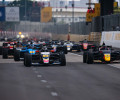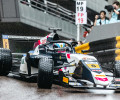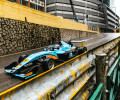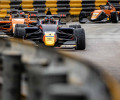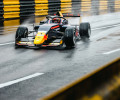Macau is a race for all nations
Event brings together the best of F3 and GT drivers from around the world
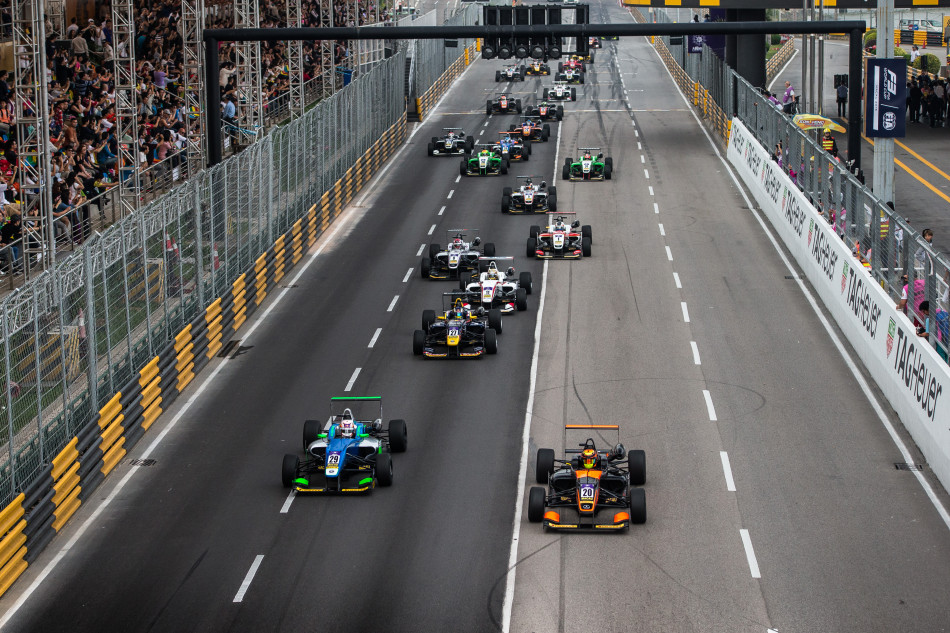
Drivers from nineteen countries have won the Macau Grand Prix since it began in 1954.
Fourteen open wheeler chassis makers have won since the event was first claimed by a single-seater in 1962 – a remarkable statistic as Italian maker Dallara has been dominant for the last 24 years.
Eight engine makers have won Macau since Formula Three was inaugurated at the circuit in 1983.
The Macau Grand Prix was conceived as a ‘treasure hunt’ but quickly turned into a Grand Prix by its English born organiser and competitor Paul Dutoit, a resident master at the Kowloon Diocesan Boys’ School.
According to Macau Grand Prix historian Philip Newsome, Dutoit, a member of the Hong Kong Motor Sports Club convinced the treasure hunt committee that its planned circuit bore a striking resemblance to Monaco.
“What you have here is a Grand Prix,” he said, and it became the first ever organised on the Chinese coast.
Eddie Carvalho won the gruelling 51-lap first race from Dutoit on essentially the same course as used now in one of three Triumph TR2s prepared by Hong Kong distributor Far East Motors.
Carvalho covered 200 miles (320kms), some of it on gravel across the top of the circuit, in 4h03m1.91s, an average of 49mph (78.4kmh)
Last year’s FIA F3 World Cup winner Antonio Felix Da Costa (Dallara VW) raced 15 laps in 37min57.44secs at an average speed of 90.6mph (146.1kmh) – just twice Carvalho’s average.
Organisers restricted the first race to ‘resident’ competitors but soon opened it as demand grew from South East Asia and internationally.
In 1962 Arsenio “Dodgie” Laurel, son of the Philippines’ WWII president, in a Lotus 22 Ford became the first open wheeler driver to win Macau and then won again the following year. He sadly became the race’s first fatality four years later when his Lotus 41 overturned in flames.
Mauro Bianchi, became the first works driver to win Macau in 1966 on behalf of the newly appointed Hong Kong Renault distributor.
He drove the long tail Alpine Renault T66 with which he came ninth that year at the Le Mans 24 Hour race.
The Renault would be the last non-open wheeler to win at Macau.
The adoption of F3 as the control formula for Macau in 1983, dominated in its inaugural year by Ayrton Senna, and the creation of the FIA F3 World Cup have reinforced the circuit’s pre-eminent status as a star maker.
“People who took part in the formation days cannot believe the changes that have taken place not only in the Grand Prix but in Macau itself,” Philip Newsome said in his history of the event.
“Despite all the changes the essential character of the place has not changed one jot.
“Macau is still about having fun – a spectacle full of colour and noise.”

 Facebook
Facebook Twitter
Twitter

